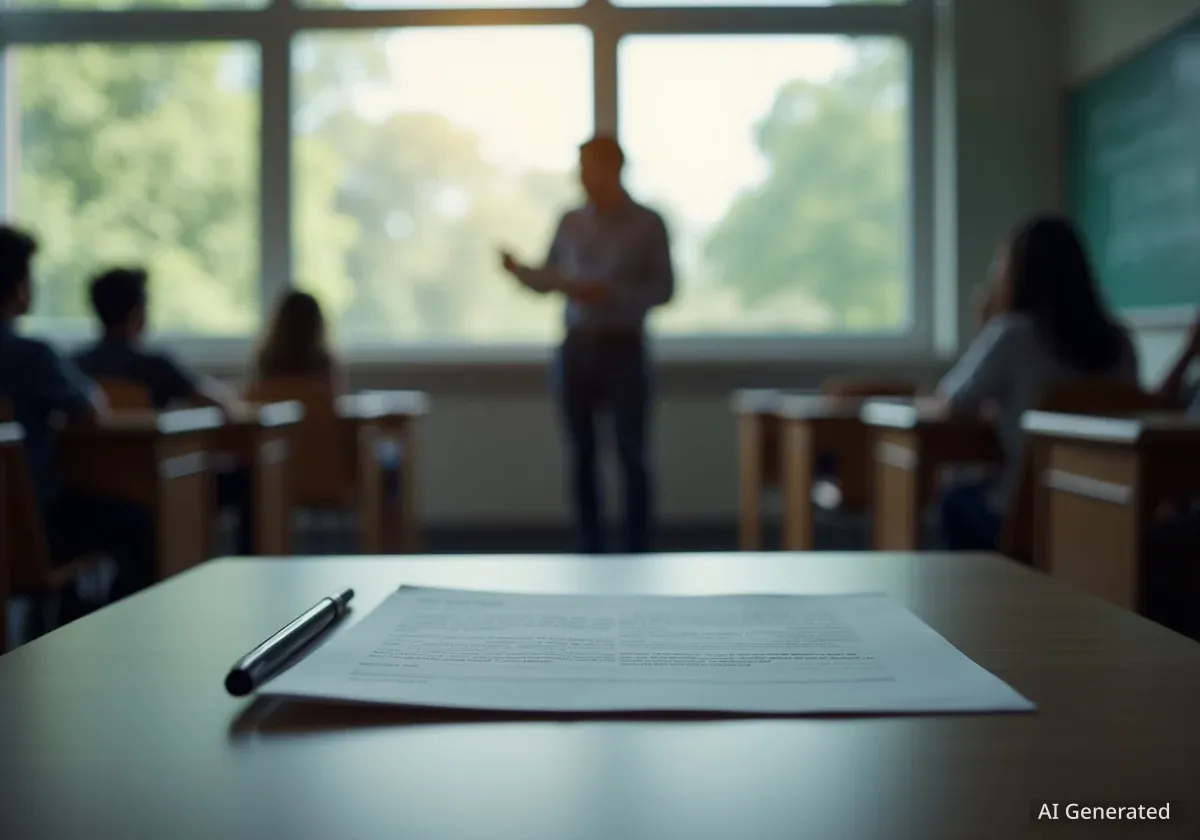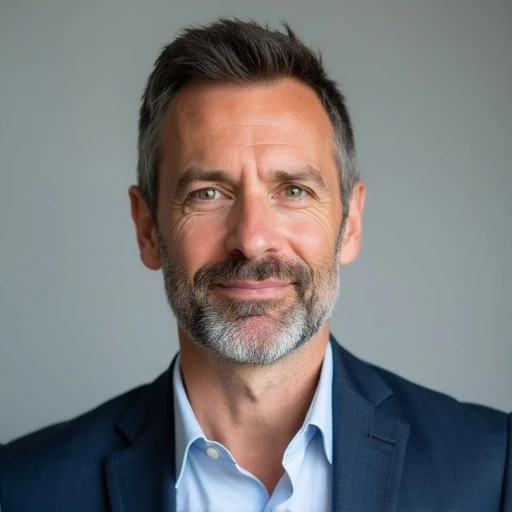Indiana Attorney General Todd Rokita has issued formal guidance to all school districts and universities in the state, asserting that they have the legal authority to discipline or terminate educators for controversial statements made about political figures. The six-page memo directly addresses the ongoing debate over free speech rights for public employees following comments made by some teachers regarding the assassination of political commentator Charlie Kirk.
Key Takeaways
- Indiana's Attorney General argues that the First Amendment does not always protect teachers who make controversial political statements.
- The guidance suggests schools can fire educators if their speech causes significant disruption to the educational environment.
- A specific case involving a South Bend teacher's social media posts was analyzed as a legal example.
- The South Bend school district responded, emphasizing that any disciplinary action must be based on actual, not potential, disruption.
State Issues Guidance on Educator Speech
In a detailed memorandum sent to educational leaders across Indiana, Attorney General Todd Rokita outlined his office's legal position on the disciplining of teachers for off-campus speech. The document argues against what Rokita described as schools' "excuses and equivocation" in handling such matters.
"Some schools have responded to those calls for action... claiming that the First Amendment prevents them from terminating or disciplining educators for celebrating or expressing controversial views about the killing of Charlie Kirk," Rokita wrote. "In many if not most cases, those schools are wrong."
The guidance asserts that schools possess substantial authority to punish educators for speech deemed divisive or controversial. It references several legal precedents to support the claim that a public employee's speech is not absolutely protected, especially when it impacts their professional duties.
Broader Political Context
The memo arrives amid a statewide push by some political leaders to hold individuals accountable for comments made after the September 10 assassination of Charlie Kirk. Indiana Governor Mike Braun previously stated that "calls for political violence are not freedom of speech" and threatened to revoke teaching licenses over the issue.
The First Amendment Balancing Act
The core of the legal debate centers on the extent of First Amendment protections for government employees. While private citizens have broad speech rights, the legal landscape is more complex for public school teachers.
Civil liberties advocates argue that educators do not forfeit their constitutional rights upon employment. The American Civil Liberties Union (ACLU) of Indiana is actively involved in a related case where a Ball State University employee was fired for similar comments and has since filed a lawsuit.
"Government employees don’t give up their First Amendment rights just to become employees of the government," said Stevie Pactor, a senior staff attorney with the ACLU of Indiana. "They, still, are entitled to their own personal opinions that they are free to express online or in other forums, so long as those are being made in their personal capacity."
However, Rokita's memo emphasizes a legal standard known as the Pickering balancing test. This test requires courts to weigh an employee's interest in speaking on matters of public concern against the government's interest (in this case, the school's) in maintaining efficient public services. Rokita argues this balance often favors the school.
A Focus on a South Bend Teacher
The Attorney General's document provides a detailed analysis of a specific incident involving a U.S. history teacher in north central Indiana, identified in other public statements by Rokita as Brett Maurer of the South Bend school district. The memo states that the Attorney General's office received 25 formal complaints about the teacher's social media activity.
The Social Media Posts
The teacher made several posts on a personal social media account. One of the posts read: "with all due disrespect Charlie Kirk can suck it. He became exactly what he said was ok and acceptable in order to have gun rights. I call that manifestation. I’m not saying it’s right, but I’m saying it’s only fitting."
Rokita's analysis concedes that a court would likely find the teacher was speaking as a private citizen on a matter of public concern. However, he argues that other factors would legally permit the school district to take disciplinary action, including termination.
Key Arguments for Disciplinary Action
- Vulgar Language: The memo alleges the posts were "crass and vulgar," which can weaken First Amendment protections in a public employment context.
- Disruption to School Operations: Rokita claims the posts and subsequent public backlash created a severe disruption that could interfere with the school's function.
- Erosion of Public Trust: The guidance suggests that such comments cause parents to lose trust in the teacher's ability to be impartial, which could have long-term negative effects on the school community.
"The backlash has evidently been so severe that the high school in this case felt impelled to release a public statement justifying its decision not to discipline the teacher," Rokita wrote, criticizing the school's initial reasoning that it was barred from acting by the First Amendment.
School District Responds with Caution
The South Bend Community Schools Corporation issued a formal response to the Attorney General's guidance. Superintendent Mansour Eid acknowledged the memo and stated that its legal analysis was generally consistent with the advice the district had received from its own attorneys.
However, the district's statement highlighted a critical legal distinction: the need for actual disruption. According to the superintendent, disciplinary action is legally defensible only when a teacher's speech is proven to have caused a tangible disruption to the educational environment.
"Our locally elected school board and its appointed superintendent are in the best position to assess the disruption factor consistent with the law," Eid stated. He emphasized that local officials are best equipped to gather information and make a legally sound decision based on community-specific facts.
"The processing of all the information necessary for making a legally defensible decision is occurring in a manner conforming to the law; it is a balancing process, and it is a process best entrusted to the people elected by the local community to make such decisions."
The district assured the public that it is operating within the legal framework as it continues to assess the situation. The response suggests that while the Attorney General's opinion is valued, the final decision on employee discipline rests with local authorities who must weigh the specific evidence of disruption.





